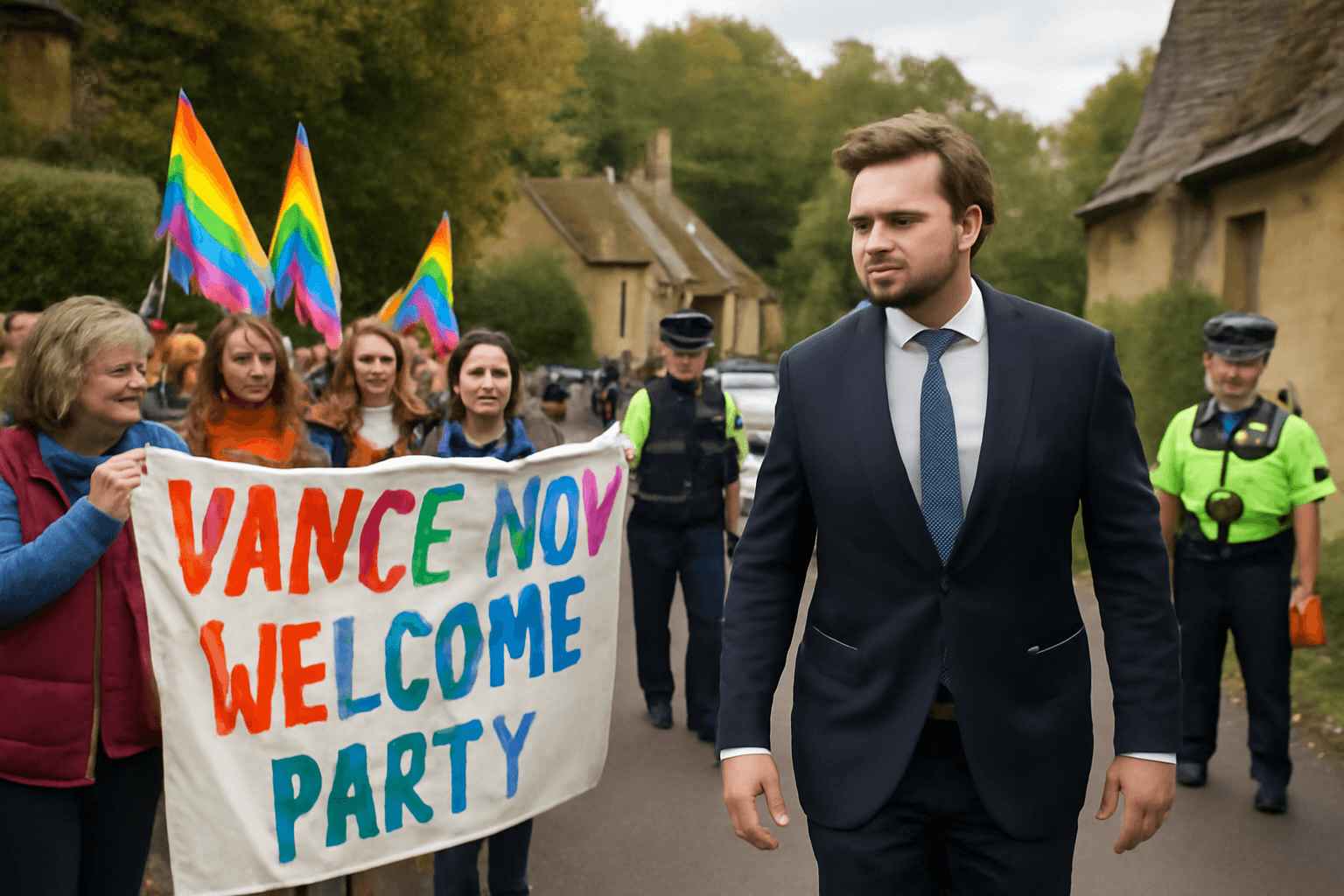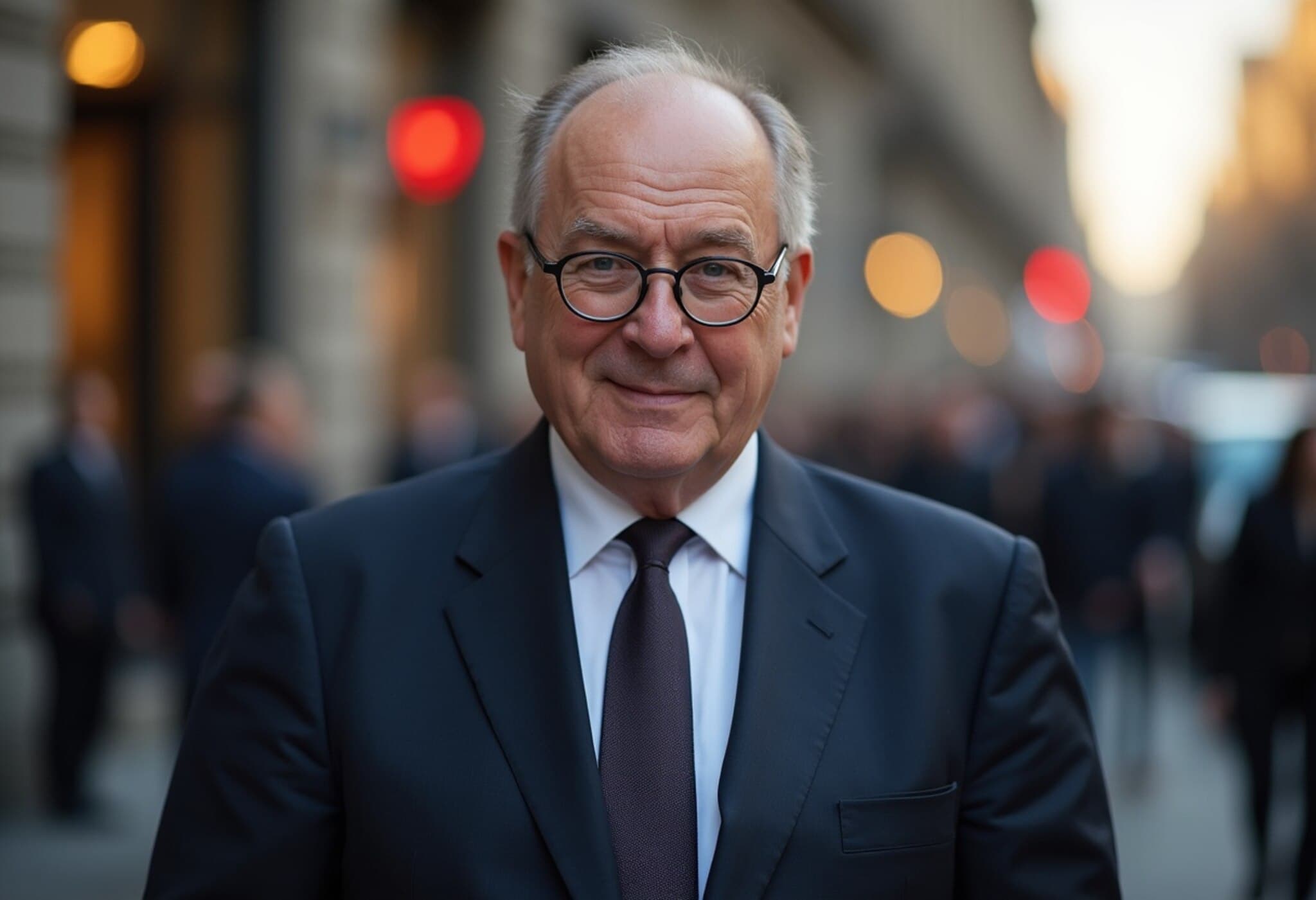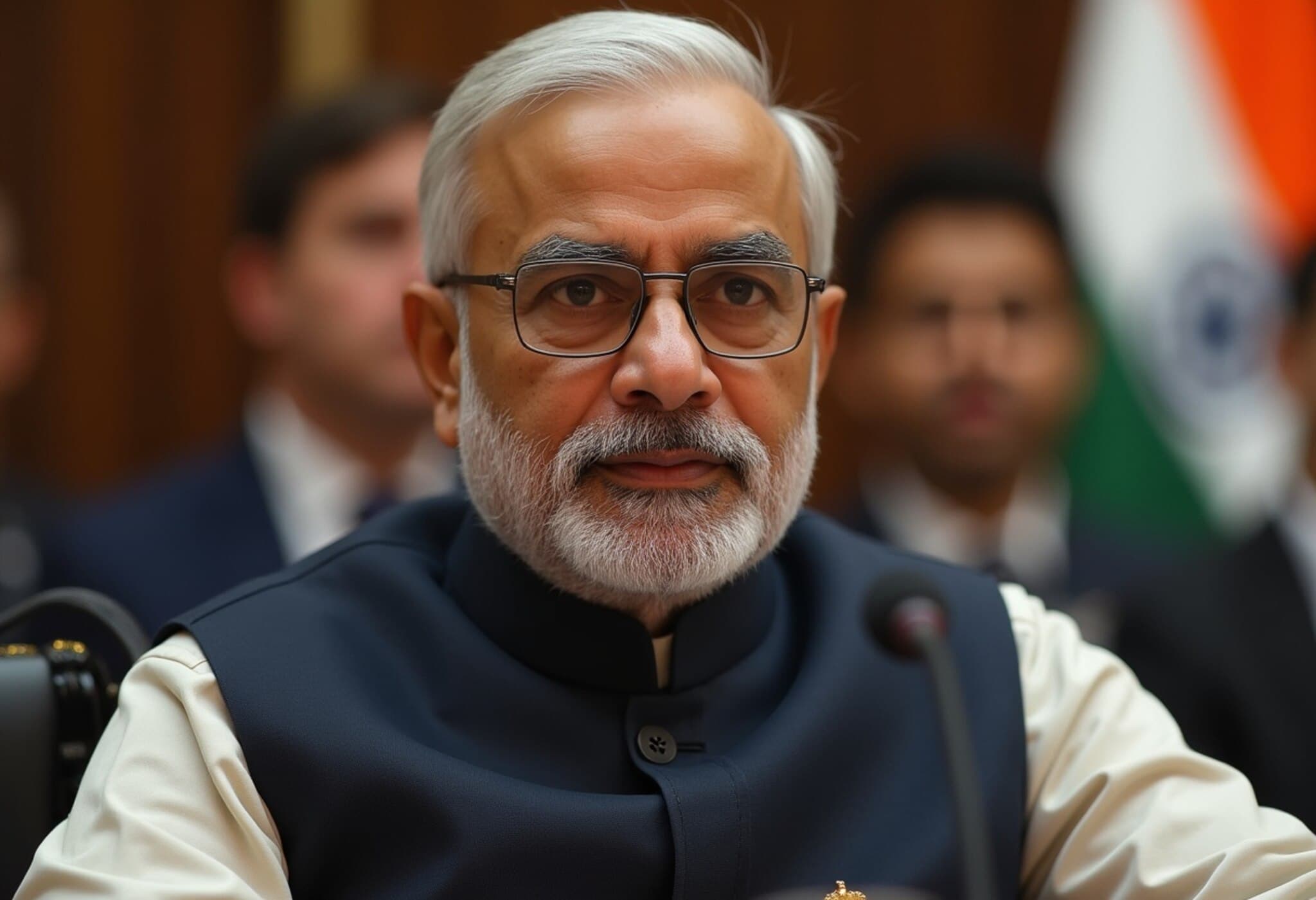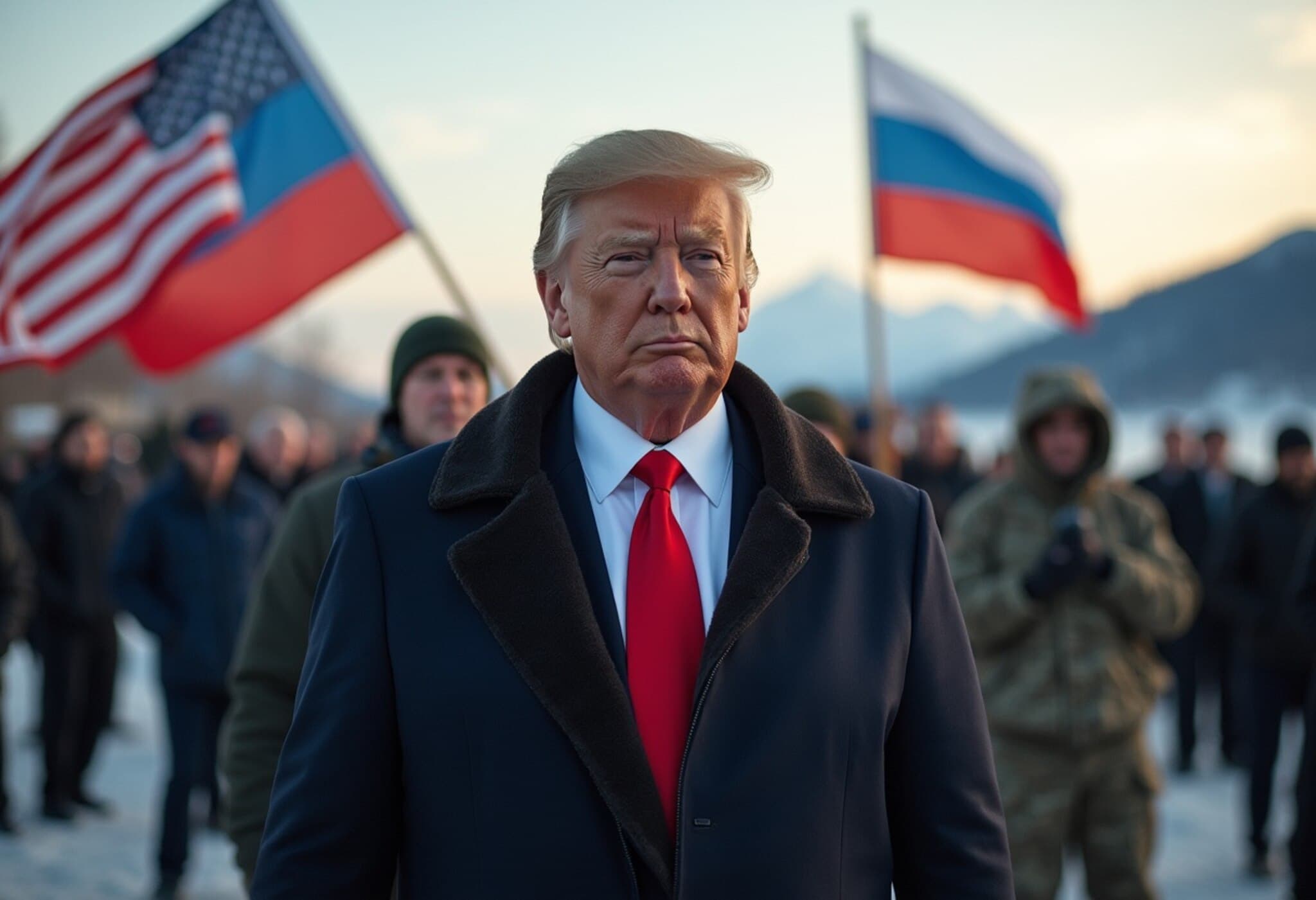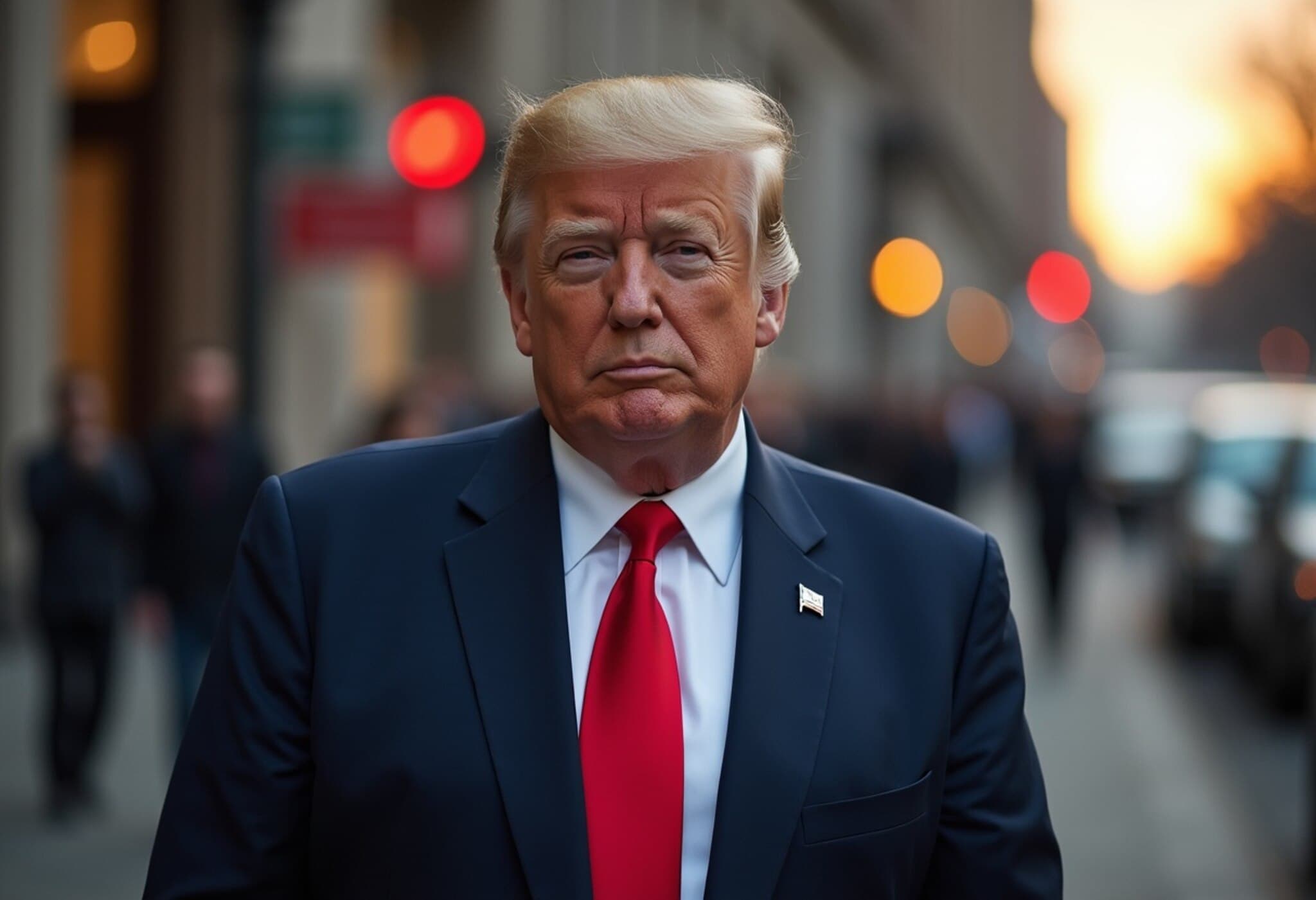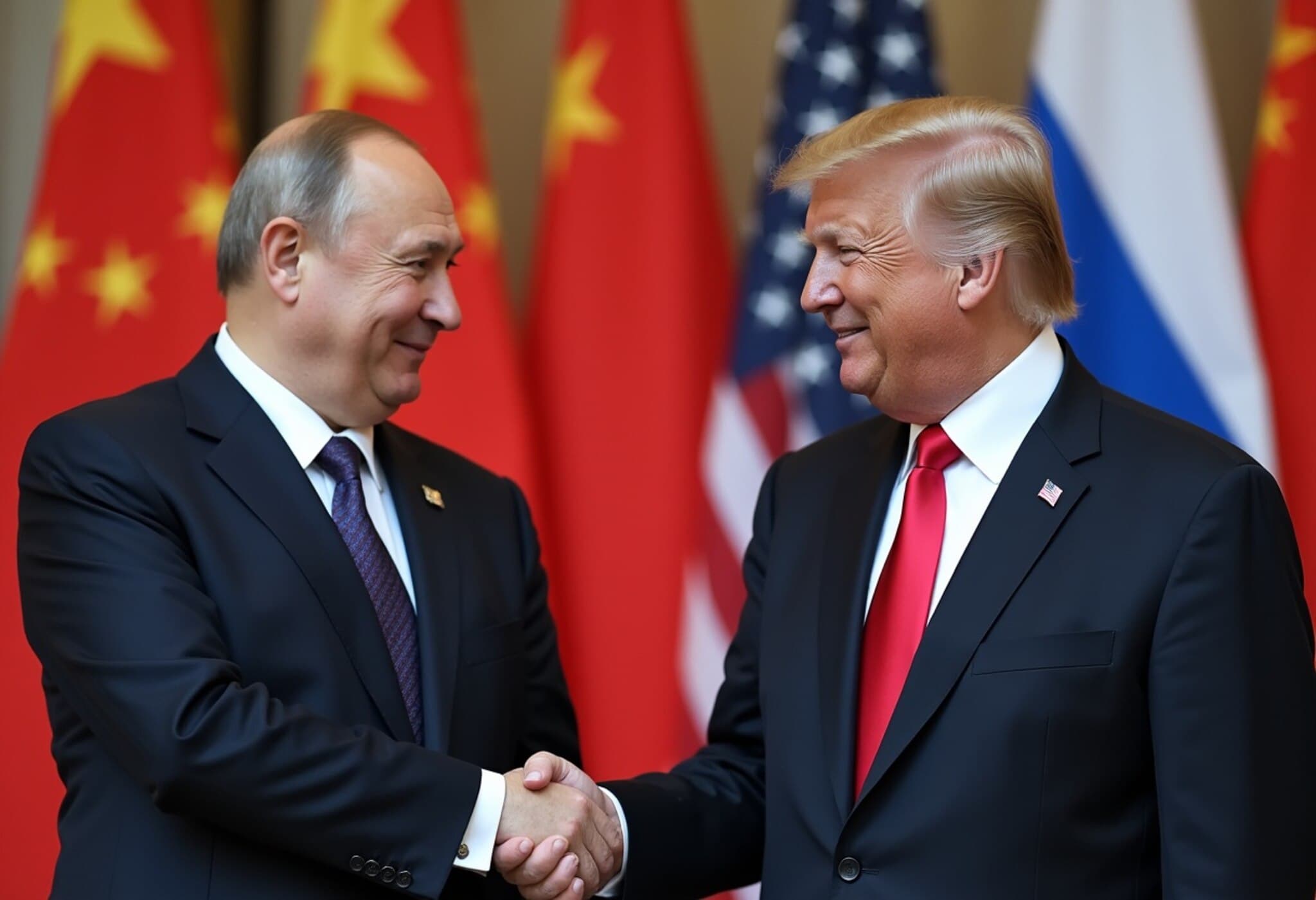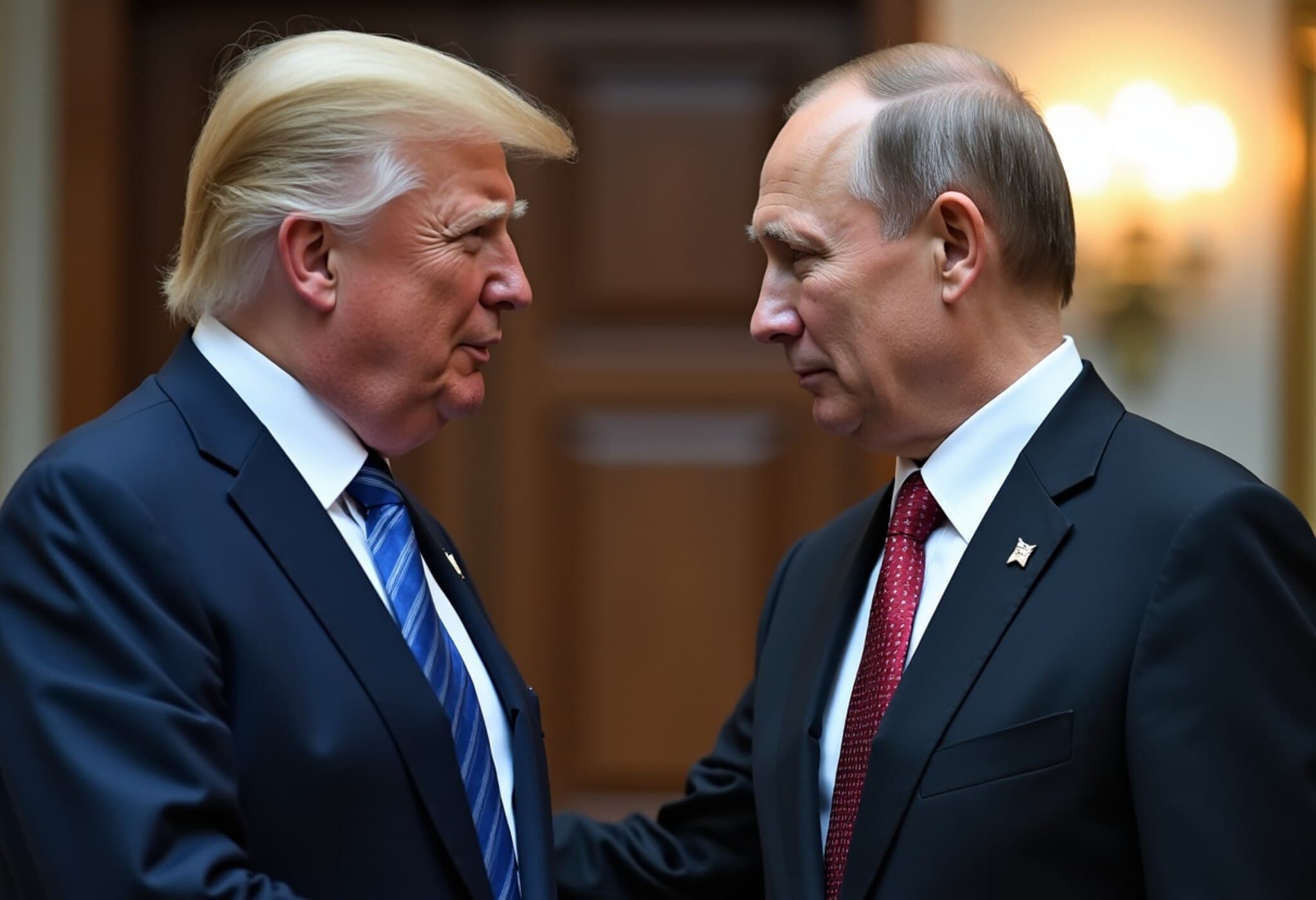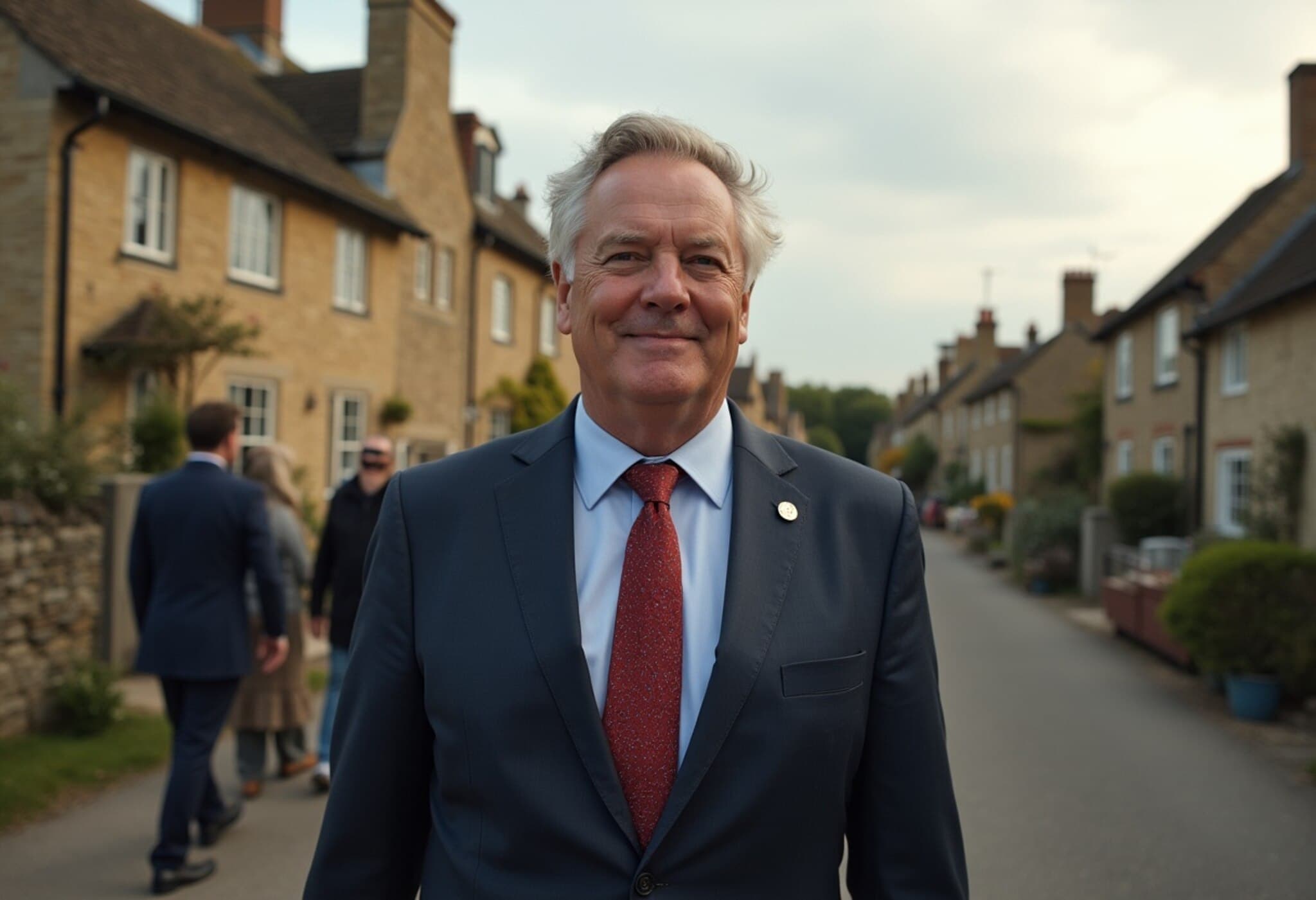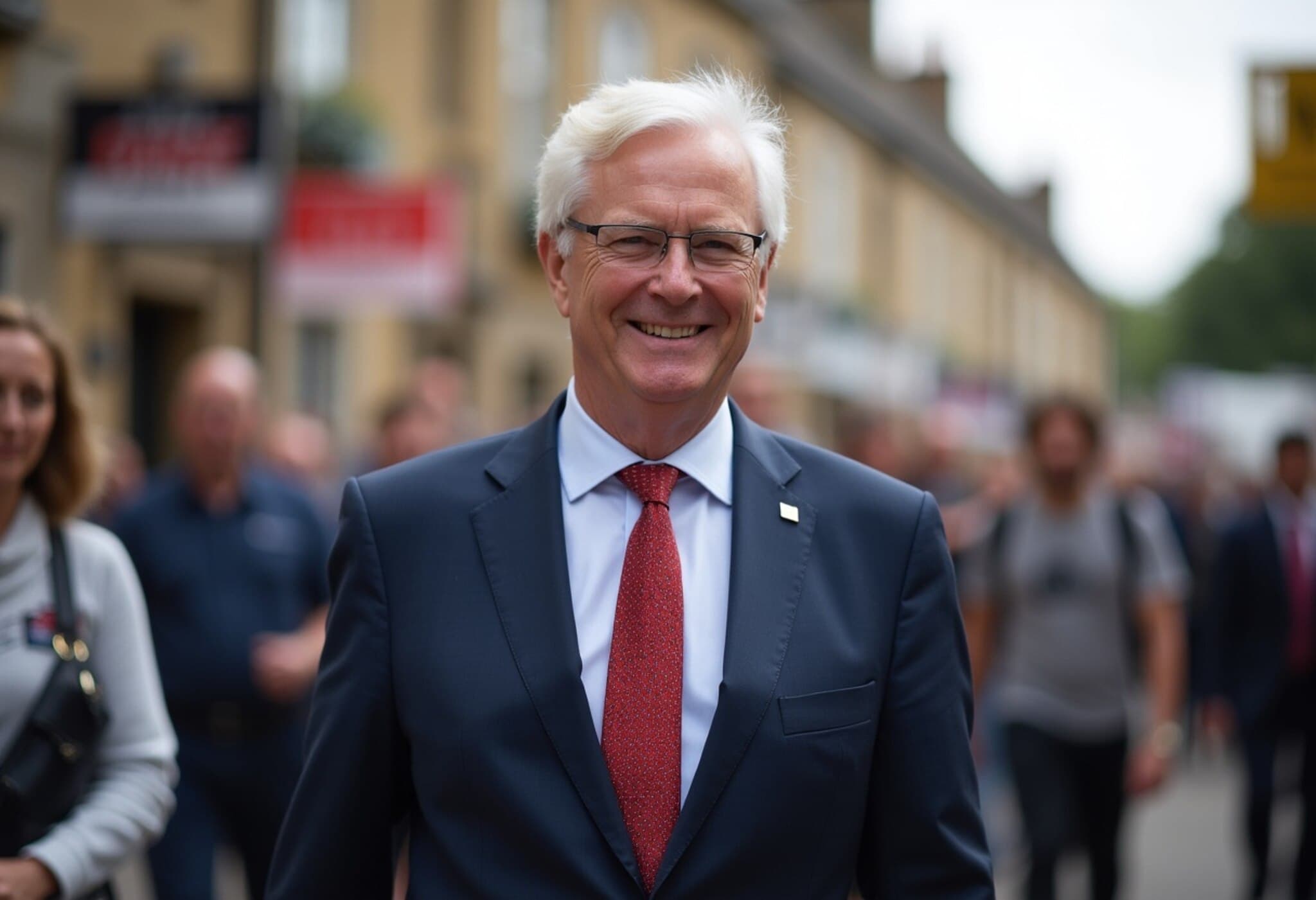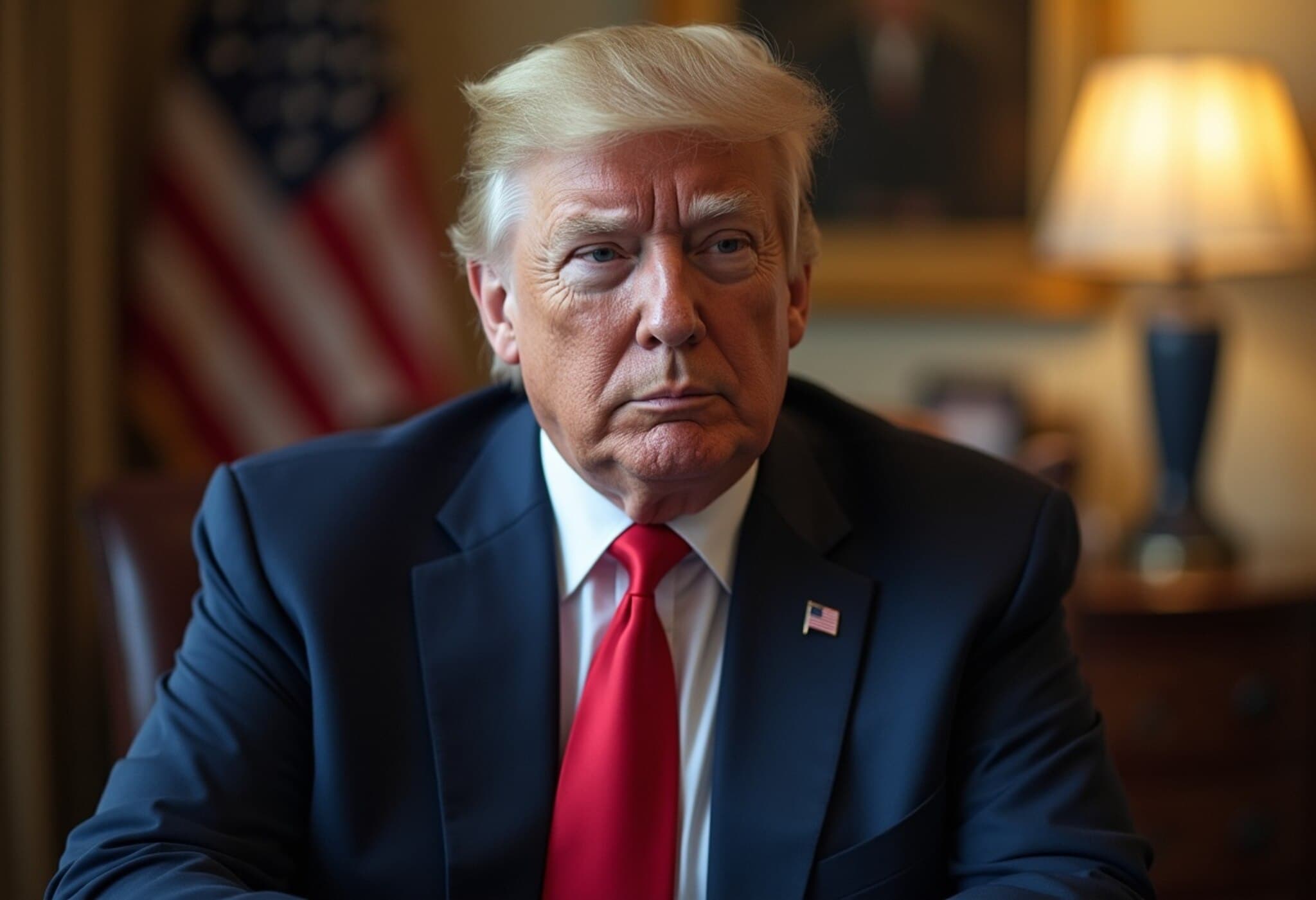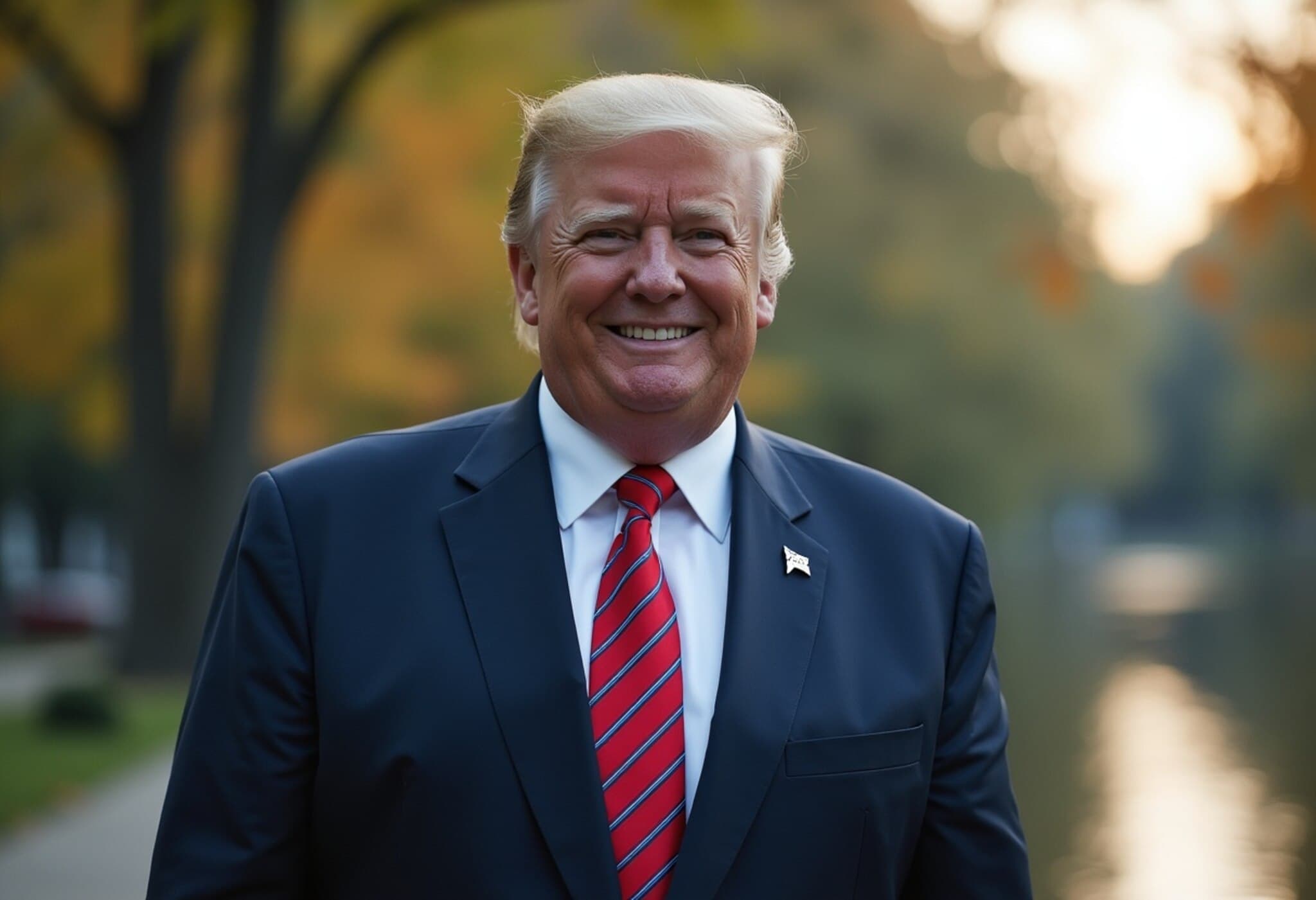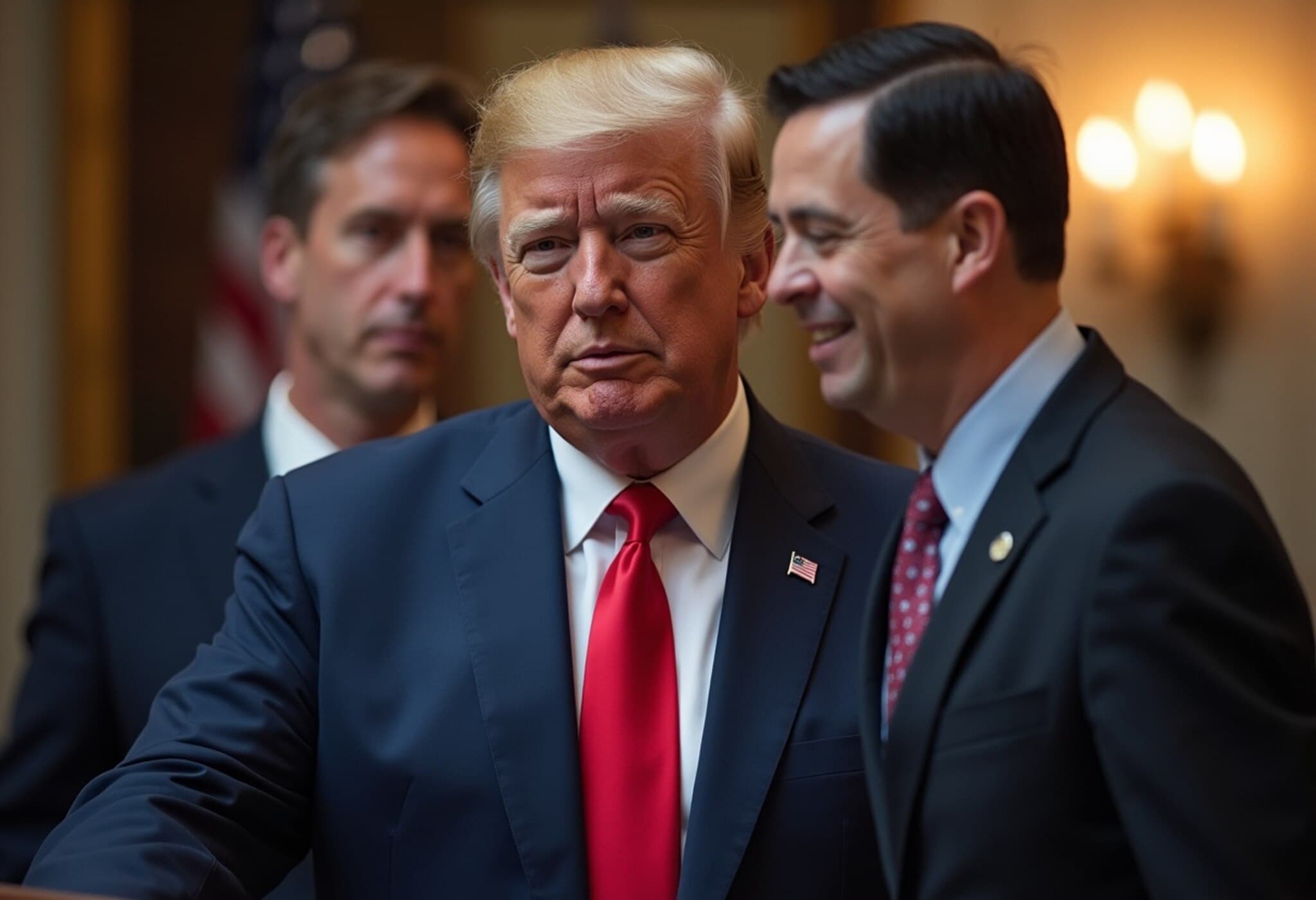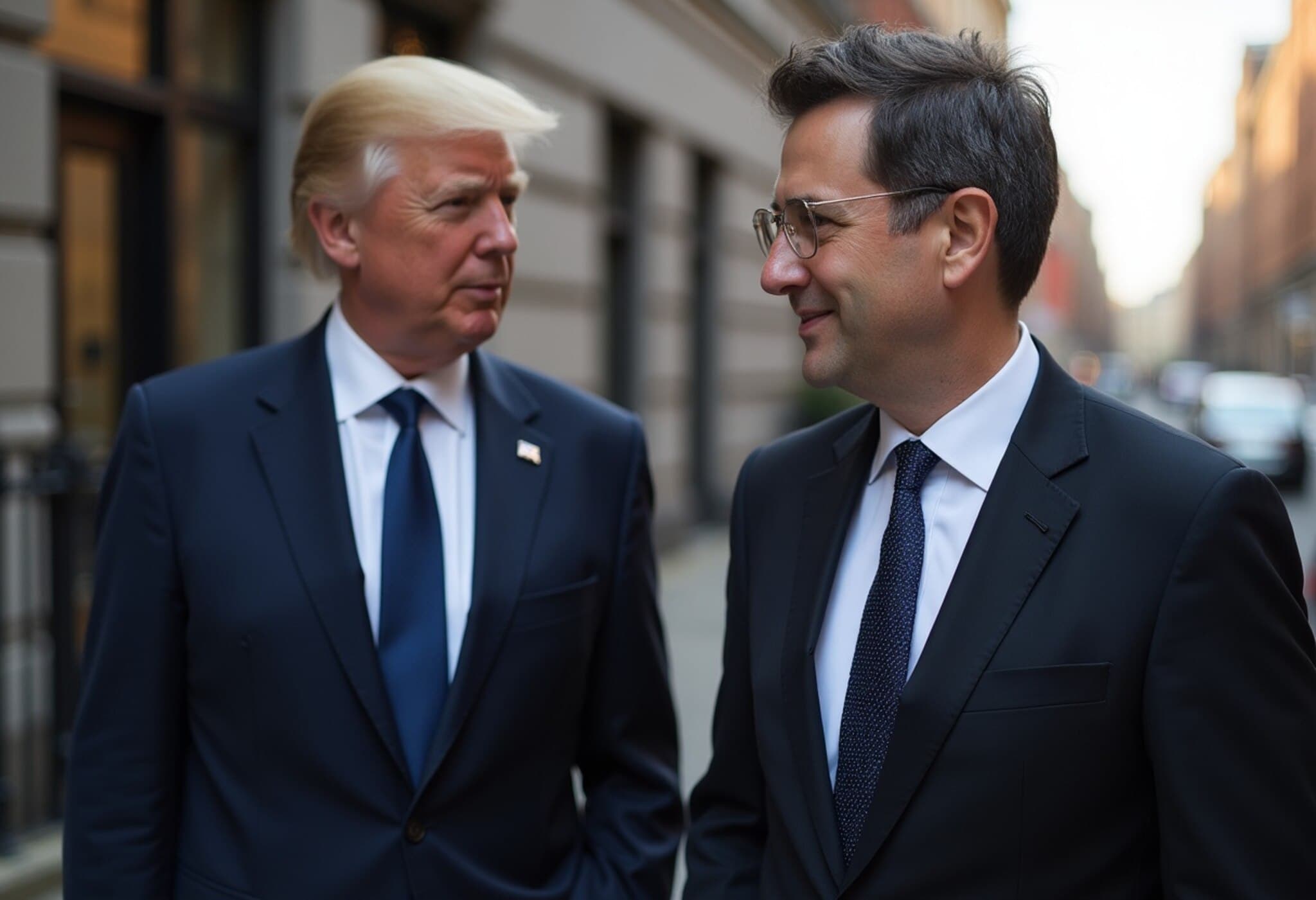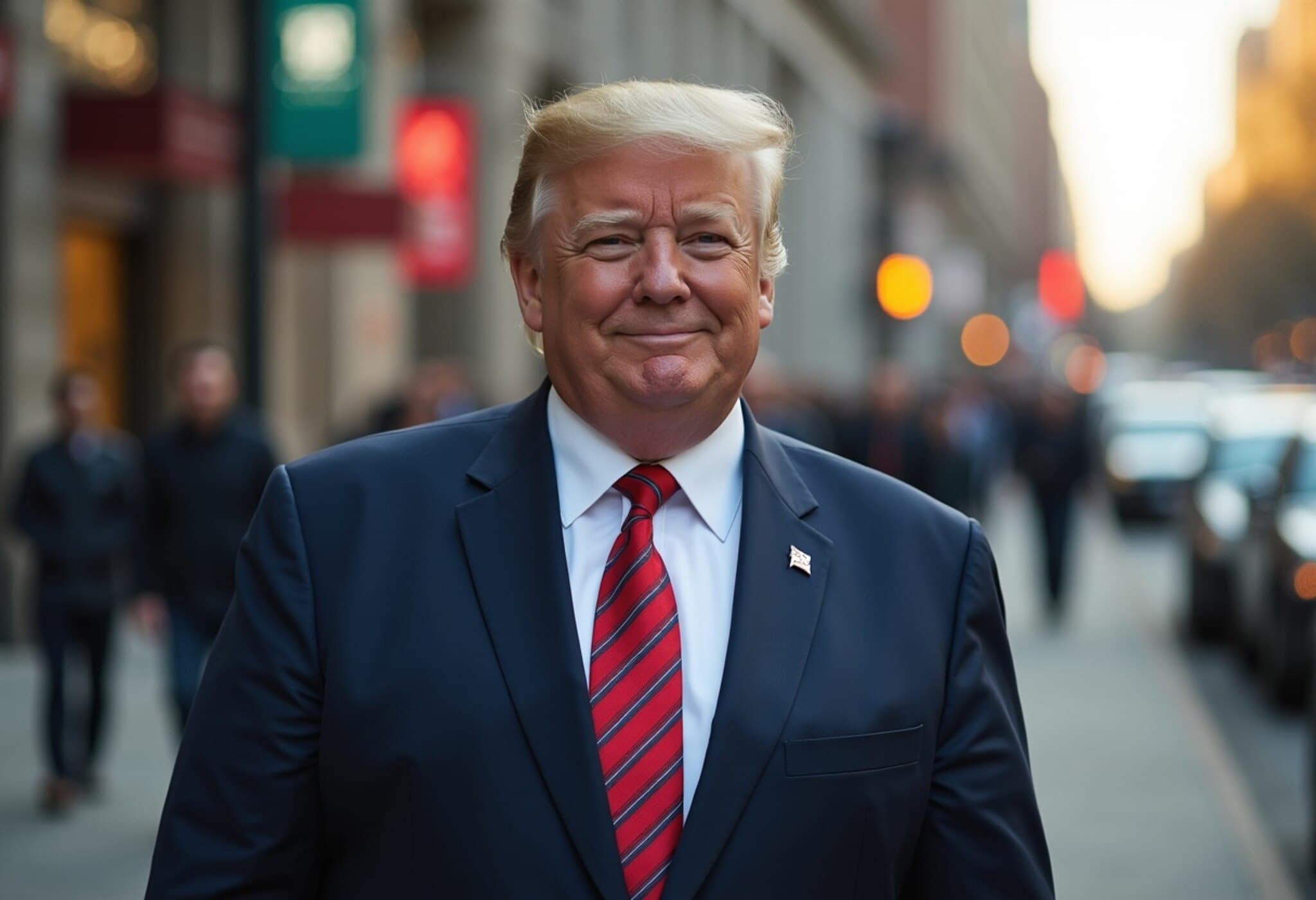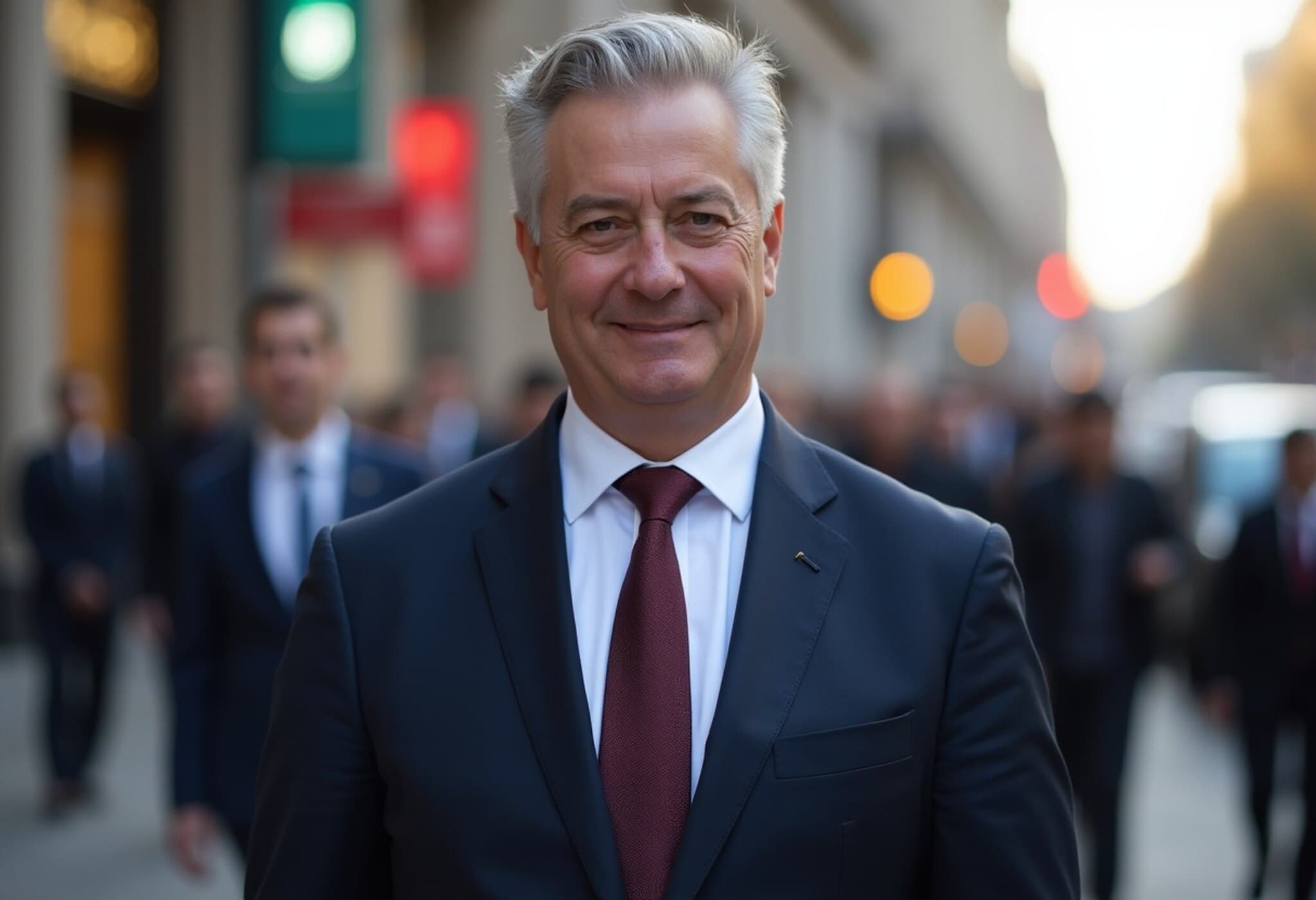JD Vance's UK Visit in the Spotlight: Security Stiff, Community Divided
This summer, U.S. Vice President JD Vance’s visit to the idyllic English countryside of the Cotswolds has stirred a mix of reactions—from heightened security protocols to spirited local protests. The picturesque region, known for its rolling hills and charming villages, temporarily transformed into a high-security zone, drawing sharp criticism and raising questions on the balance between security and community impact.
Security Measures Prompt Local Backlash
As Vance’s motorcade wove through narrow roads of Dean, near Charlbury, residents faced restricted access, roadblocks, and increased police presence. Thames Valley Police confirmed they implemented a "restricted access area" to guarantee safety during the visit. While security for a sitting U.S. Vice President overseas is standard, some of the measures deployed—such as road closures and police checkpoints—sparked vocal complaints from locals who felt their daily routines were disrupted.
Social media buzz suggested that residents were asked intrusive questions, including requests for social media account details and household member names. Thames Valley Police categorically denied these claims, emphasizing residents were neither obligated to answer such questions nor surveyed on social media activity, underscoring the delicate nature of managing security without infringing on personal freedoms.
Protests Highlight Local Frustration and Political Undercurrents
Adding to the palpable tension, approximately 80 locals staged a "Vance not welcome party," organized by the Stop Trump Coalition. Far from a conventional protest, the gathering carried a festive and vibrant atmosphere, featuring banners and creative expressions criticizing both Vance and U.S. policies. A striking meme of Vance's bald head appeared on balloons and even a nearby billboard, symbolizing a grassroots statement blending humor with political dissent.
This protest reveals nuanced regional sentiments—while some appreciate the attention and economic influx such visits might bring, others see them as emblematic of broader political grievances and disruptions to rural life.
The Cotswolds: A Magnet for Politicians and Celebrities – at What Cost?
The Cotswolds area has long been a favored retreat for British politicians, celebrities, and increasingly, international dignitaries seeking privacy amid scenic surroundings. Former UK Prime Minister David Cameron is among its notable residents, alongside famous entertainers and public figures. Earlier this year, former U.S. Vice President Kamala Harris was also spotted attending a high-profile wedding in the region, under security watch.
Yet the charm of the Cotswolds increasingly comes with challenges: locals have raised concerns about rising housing demand, infrastructure strain, and overdevelopment fueled partly by the influx of wealthy visitors. This tension spotlights an ongoing debate seen in many picturesque regions worldwide—how to balance economic benefits from high-profile visitors with preserving the character and wellbeing of local communities.
Contextual Insight: U.S.-UK Relations and Political Optics
JD Vance's visit, blending official meetings with a working holiday, reflects ongoing strategic ties between the U.S. and UK amid evolving geopolitical landscapes. However, the public optics of security-heavy visits risk alienating local populations, potentially complicating 'soft diplomacy' efforts. From a policy perspective, coordinating such visits with community engagement strategies could pave the way for more mutually respectful interactions in the future.
Editor’s Note
The JD Vance visit to the Cotswolds highlights the complex interplay of diplomacy, security, and local public sentiment in today’s globalized world. While the necessity of robust protection for high-profile officials is unquestionable, the community’s response underscores the importance of transparent communication and sensitivity to local impact. As international political figures increasingly seek quiet sanctuaries abroad, balancing these competing demands poses an enduring challenge—one that speaks to broader themes of governance, trust, and the meaning of welcome in host communities.

